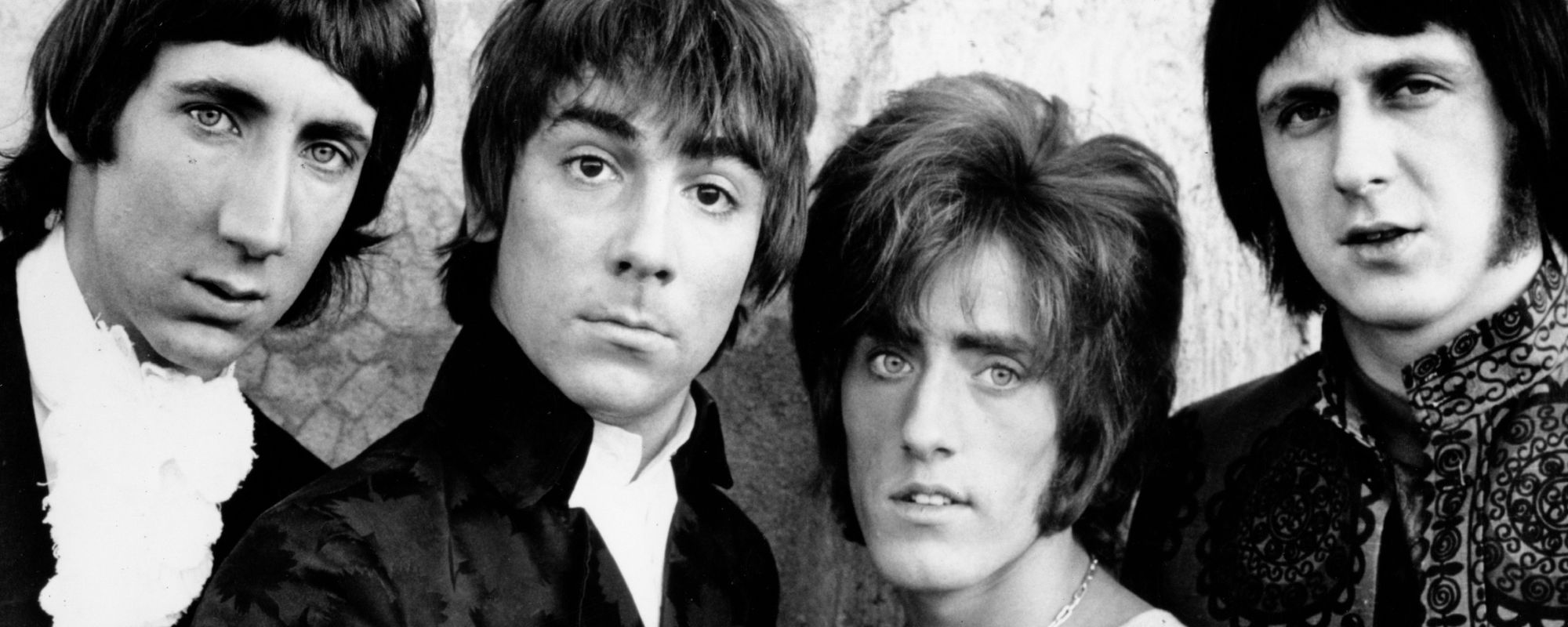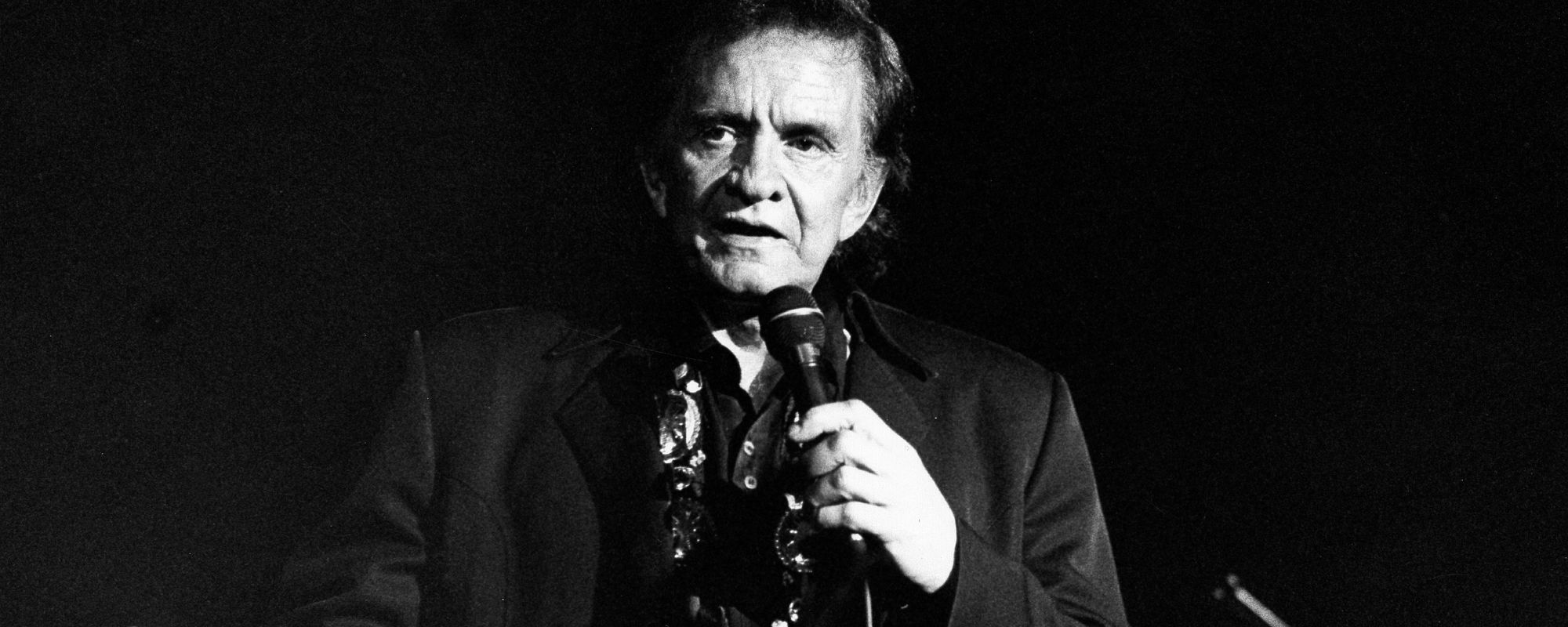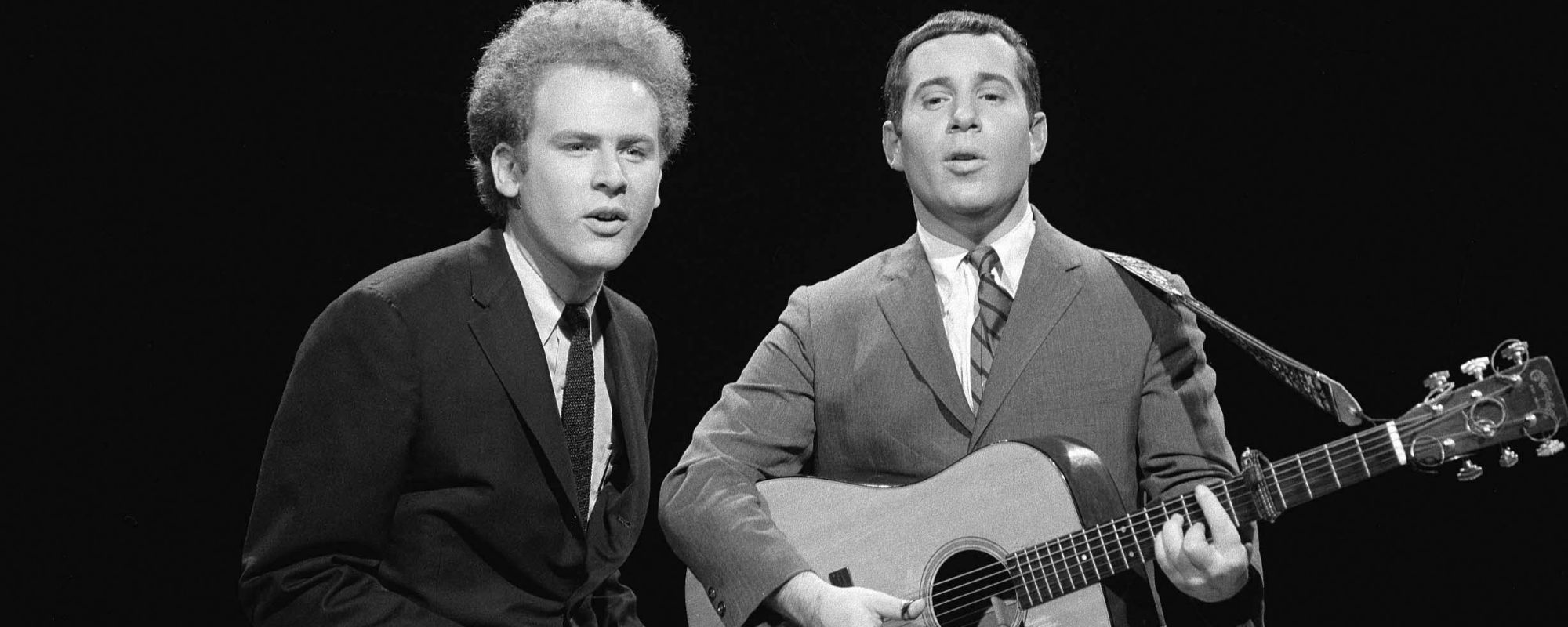While we often associate British psychedelic rock band Pink Floyd with a handful of their most style-defining albums, guitarist David Gilmour would only consider one to be truly complete. Some of the band’s heaviest hitters came from the mid-to-late 1970s. This includes seminal works like Dark Side of the Moon, Wish You Were Here, and their twisted rock opera, The Wall.
Videos by American Songwriter
Critics and rock lovers have lauded these three albums for their ability to produce classic hits in addition to illustrating a broader overarching idea. But in hindsight, Gilmour struggled to reconcile one particular album’s stunning accolades with the creative deficits he identified in the overall work.
Why The Guitarist Disagrees With The Band’s Record-Breaking Album
As any hit record is wont to do, Dark Side of the Moon has gained a level of ubiquity since its 1973 release that can cause a few eye rolls among the most devoted Pink Floyd fans. Saying Dark Side is your favorite Pink Floyd album is like saying Abbey Road is your favorite Beatles album (which, for the record, are both true for this writer). They’re the most iconic. It’s not exactly the most original answer. Despite all this, there’s a reason why so many people associate Pink Floyd with this particular release.
Dark Side of the Moon broke sales records around the globe in 1973. The album was certified 14x platinum in the U.K. and charted on the U.S. Billboard Top LPs & Tape chart for an astonishing 990 weeks, just under two decades. With around 50 million records sold, it’s the band’s best-selling album. It’s also the best-selling album of the 1970s and the fourth best-selling album of all time. Gilmour acknowledged these impressive accolades when expressing his qualms with the record in a 2002 interview with Classic Rock.
“It’s kind of ludicrous, in a way, to have criticisms of an album that was so successful,” Gilmour admitted. “But I did voice them at the time. I thought that one or two of the vehicles carrying the ideas were not as strong as the ideas that they carried. I thought we should try and work harder on marrying the idea and the vehicle that carried it so that they both had an equal magic, or whatever, to them.”
David Gilmour Called This Pink Floyd Album The “Most Complete”
David Gilmour might not have gotten his way with Dark Side of the Moon, but he managed to incorporate his notes from the band’s 1973 record when writing and recording their 1975 follow-up, Wish You Were Here. With classic cuts like the song’s title track and the straightforward rocker “Have a Cigar,” the album featured plenty of the band’s signature psychedelia, namely in the nine-part “Shine On You Crazy Diamond” and the dystopian “Welcome to the Machine.” Gilmour told Classic Rock, “It’s underrated by some but not by me. I think it’s our most complete album.”
Despite this sense of musical cohesion, the band itself was beginning to fracture while creating Wish You Were Here. The infamous Pink Floyd feud between Gilmour and bassist Roger Waters was slowly reaching a fever pitch. The band had, for all intents and purposes, reached the pinnacle of rock stardom. They had done what they set out to do when they were still university students in London, yet their relationships with one another felt more hollow than ever. In that way, the album was as much a tribute to their lost dynamics as it was to their former bandmate, Syd Barrett.
“That sense of absence is part of the album’s magic,” Gilmour said. “It helped create it. I don’t know quite how it did. I can’t regret that period at all; I don’t think it’s necessary for that absence. That feeling of post-euphoria. I don’t see it as something permanent. You maybe suffer a little dip in some ways. But little dips in life can inspire great things. It is odd to try and work out how something as good as that album came out of this rather blank feeling that we had.”
Photo by Michael Ochs Archives/Getty Images












Leave a Reply
Only members can comment. Become a member. Already a member? Log in.